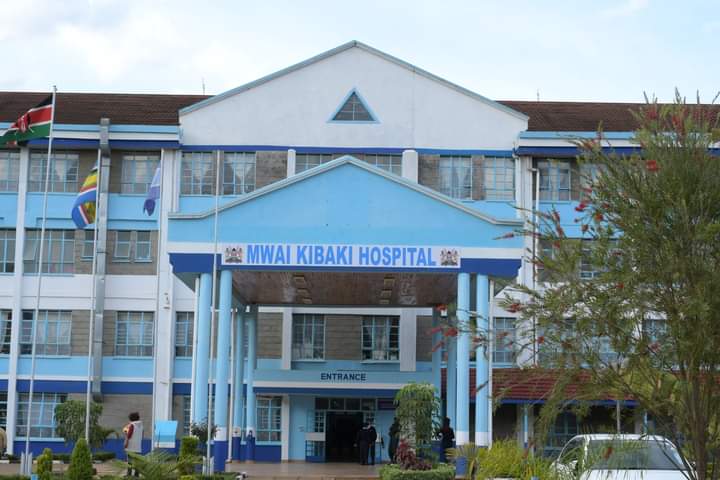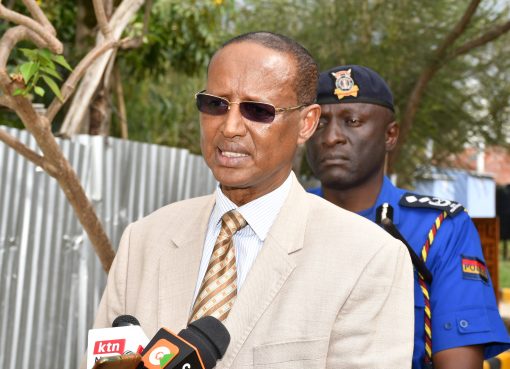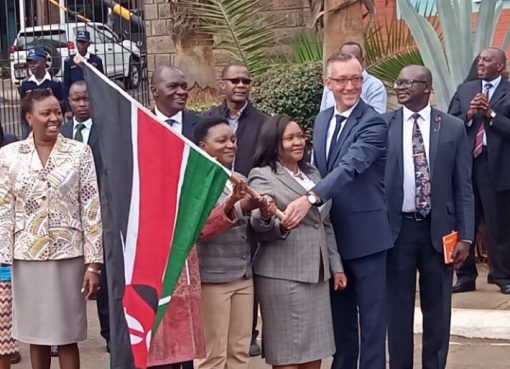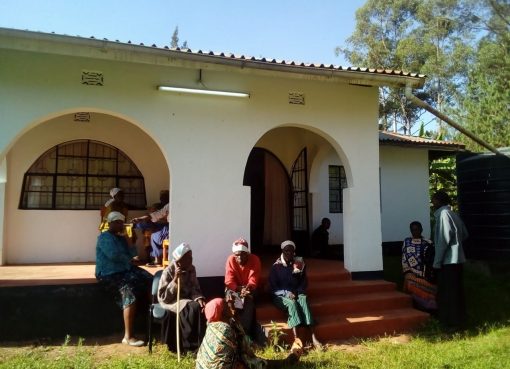Financial constraint is affecting the provision of specialized medical care to patients visiting the Mwai Kibaki Hospital.
According to Dr. Peter Muiruri, the facility’s Director, the lack of a capital budget has forced the hospital to concentrate on offering basic services as it awaits capitation from the State to operationalize crucial health care services such as the provision of advanced Radiology services such as Magnetic Imaging Resonance (MRI) and theater equipment.
Dr Muiruri who was giving a status report of the four-year-old Level Six hospital before the Central Regional Implementation Coordination and Management Committee (NGD-RICMC) said they have written to the Ministry of Health over the matter but have yet to receive funding.
In total, the facility needs more than Sh.600 million to equip critical medical services according to the report presented to the regional committee on Thursday.
“What I would probably like to ask this secretariat (NGD-RICMC) is to cascade this roadmap of becoming an independent Level Six hospital. We have prepared that roadmap for the Ministry of Health and given those documents but again the resources that are needed are a challenge. As it is now Mwai Kibaki is a level Six hospital purely because it is under the incubation of Kenyatta National Hospital,” he told the committee.
The hospital which has a bed capacity of 350 is an annex of the Kenyatta National Hospital and was established to provide a wide range of healthcare services such as surgeries, diagnostics, critical care, and maternal and child health care among others.
Since opening its doors to the public, the referral hospital has managed to attend to a total of 59,544 patients in its specific specialized clinics.
So far, the facility has also managed to conduct 25 multidisciplinary specialized outreaches within the region, installed a 1500/min oxygen production plant that serves both the inmates and patients in other hospitals, and increased the number of ICU beds from the initial seven to 20.
Dr Mururi however said the lack of specialized equipment especially for those seeking imaging and specialized surgical services has forced the hospital which has a 500-strong staff to refer patients to the Nyeri County Referral Hospital.
“We are able to do most of the tests which are required but for radiology services, we keep on referring the patients for the services either to the main hospital. For the most highly advanced services like neurosurgery, periodontics, and orthodontics we require some key equipment and the capital requirement for such equipment,” he explained further.
Construction of the Mwai Kibaki Hospital
After its completion in 2019, the facility was first named Othaya Level Six Hospital before it was renamed Kenyatta National Hospital, Othaya Annex.
Following the death of Kenya’s third president Mwai Kibaki, in April last year, the facility was renamed The Mwai Kibaki Hospital in his honor.
The 350-bed capacity facility which is situated in Othaya, was meant to offer specialized treatment for Nyeri residents and eight other counties that form the Mount Kenya region. It was also meant to decongest the Kenyatta National Hospital in Nairobi.
In May last year, the hospital installed an oxygen plant, a kitchen, and laundry areas at a cost of Sh 500 million.
The state-of-the-
At the time Dr Muiruri said that the operationalization would solve the oxygen deficiency experienced by hospitals around the Mount Kenya region and would reduce the cost incurred while transporting the gas cylinders from independent oxygen producers.
“Currently we are only utilizing one channel to produce about 1,800 liters of oxygen, which means we can fill more than 30 cylinders per minute. We intend to supply this important gas to other counties but it will be at a reasonable fee so that we can be able to sustain the functions of the plant,” said the official during the ceremony to commission the facilities.
And in management matters Muiruri told the committee that the hospital would continue to operate under the management board of the KNH until such a time when it will be given the green light to become independent.
The meeting, which was held at the Central Regional Commissioner’s boardroom, was chaired by the Central Region Deputy Commissioner Benson Leparmorijo, NGD-RICMC secretary, Mukami Matemu among other members of the committee.
By Samuel Maina





